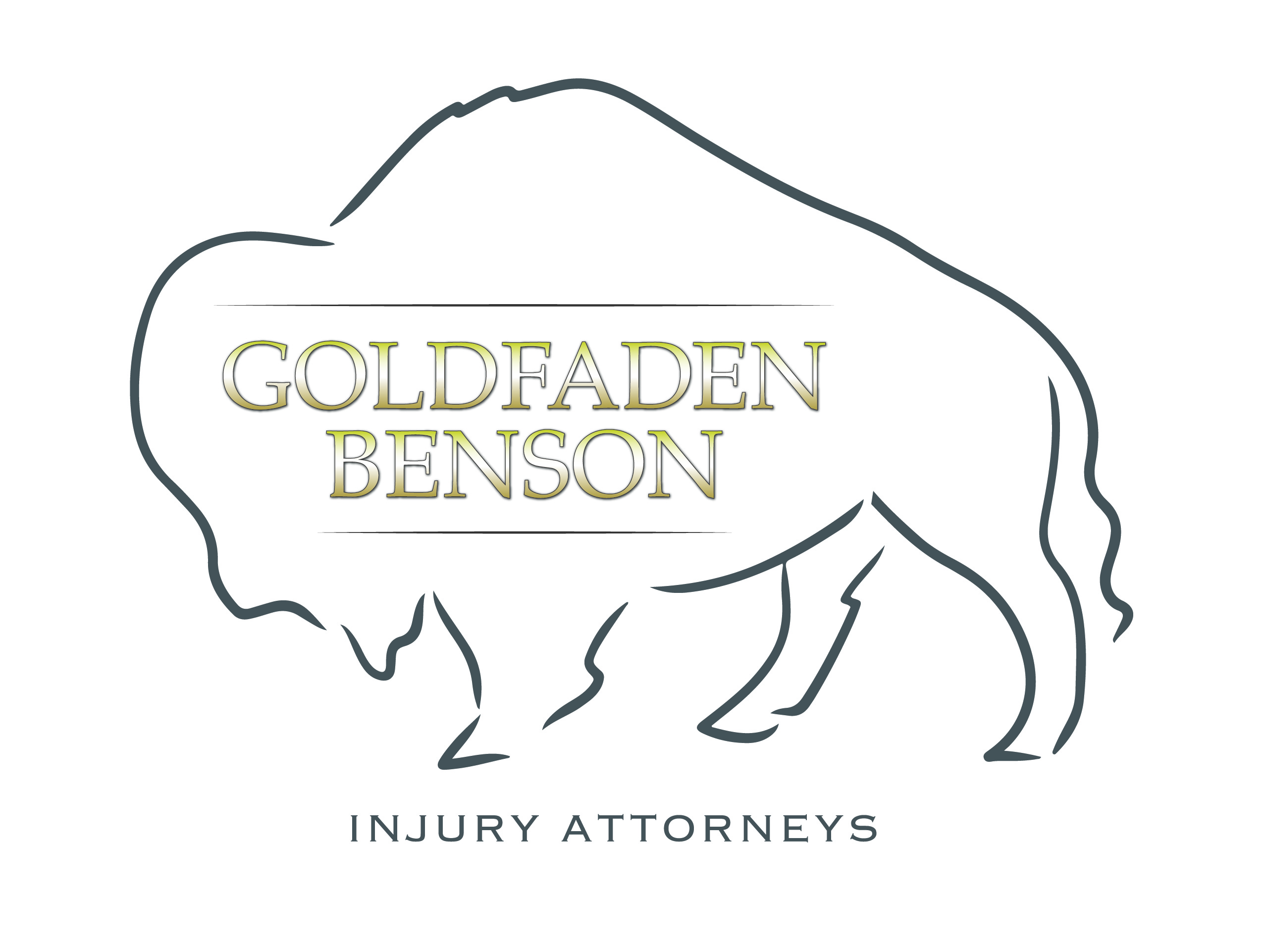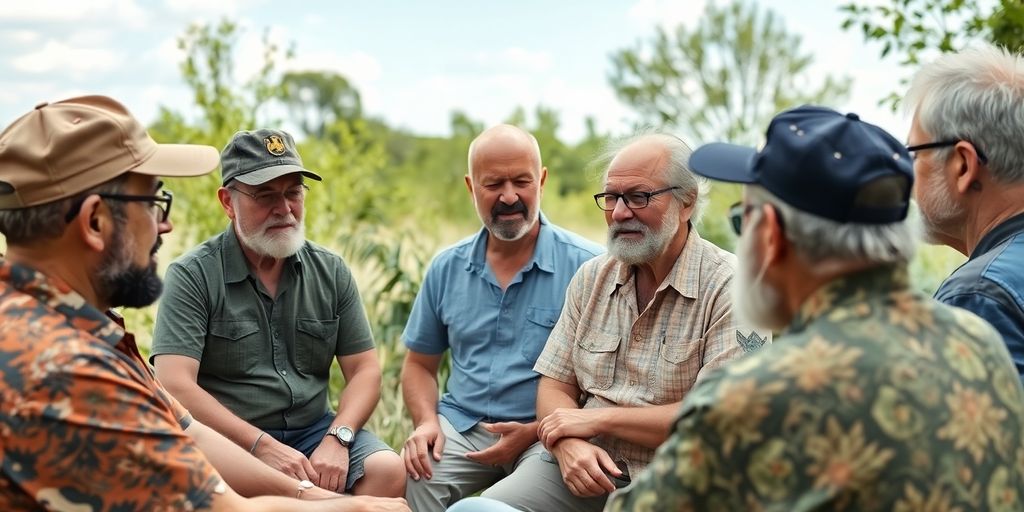In recent years, a growing number of veterans have turned to psychedelics as a potential treatment for traumatic brain injuries (TBI) and post-traumatic stress disorder (PTSD). This shift comes amid increasing awareness of the mental health crisis facing veterans, many of whom struggle with the long-term effects of their service. Psychedelics, particularly substances like ibogaine, are being explored for their therapeutic potential, offering hope where traditional treatments have often fallen short.
Key Takeaways
- Veterans are increasingly seeking psychedelic treatments for TBI and PTSD.
- Traditional therapies have often failed to provide relief.
- Ibogaine and other psychedelics are being studied for their potential benefits.
The Crisis of Traumatic Brain Injury
Traumatic brain injury is a significant issue among veterans, often resulting from blasts, falls, or other combat-related incidents. Many veterans experience symptoms such as:
- Memory loss
- Mood swings
- Difficulty concentrating
- Sleep disturbances
Despite the prevalence of TBI, it remains a hidden crisis, with many veterans going undiagnosed for years. The stigma surrounding mental health issues can prevent individuals from seeking help, exacerbating their conditions.
Psychedelics: A New Hope
Recent studies have suggested that psychedelics may offer a new avenue for treatment. Research indicates that these substances can promote neuroplasticity, potentially aiding in the recovery of brain function. Some key points include:
- Ibogaine: Known for its ability to interrupt addiction cycles, ibogaine is being studied for its effects on brain injury recovery.
- Psilocybin: Found in magic mushrooms, psilocybin has shown promise in treating depression and anxiety, conditions often associated with TBI.
- MDMA: While primarily known for its recreational use, MDMA is being researched for its potential to treat PTSD, providing relief for many veterans.
Personal Stories
Veterans who have turned to psychedelics often share transformative experiences. Many report:
- A reduction in symptoms of PTSD and anxiety.
- Improved emotional regulation and cognitive function.
- A sense of community and support among fellow veterans exploring these treatments.
These personal accounts highlight the potential of psychedelics to change lives, offering hope to those who have struggled for years.
The Road Ahead
While the use of psychedelics in treating TBI and PTSD is still in its infancy, the growing interest among veterans and researchers alike is undeniable. As more studies are conducted, the hope is that these substances will be integrated into mainstream treatment options for veterans. However, challenges remain, including:
- Regulatory hurdles surrounding the use of psychedelics.
- The need for more comprehensive research to validate their efficacy.
- Addressing the stigma associated with psychedelic use.
In conclusion, as veterans continue to seek alternative treatments for brain injuries and mental health issues, psychedelics may offer a promising path forward. The ongoing dialogue surrounding their use could pave the way for a new era in veteran care, one that prioritizes healing and recovery.







